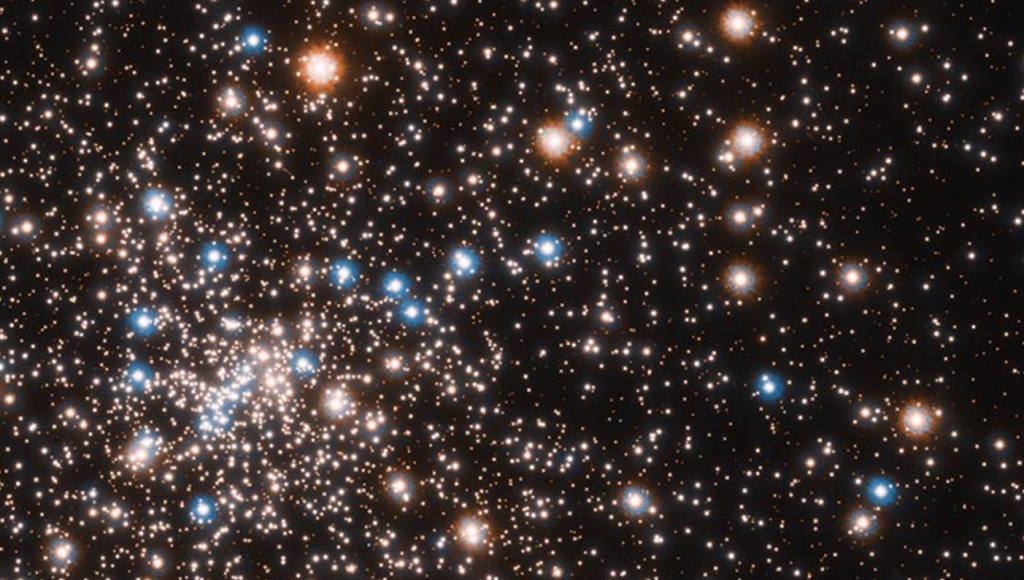
Was the universe created for human beings on planet Earth? This is the fourteenth of a series of short posts about whether gods exist and why the question is an important one.
Theists believe that their god has a special relationship with human beings on planet Earth. But we see a universe that is incredibly wasteful for such an imagined purpose.
If it exists, this human-focused god has wasted almost all of time and space in its human-focused plan.
Our observable universe is 92 billion light-years in diameter, and expanding. It has over 200 billion galaxies, each with 100 billion stars like our Sun.
We don’t know how far our Universe extends beyond the observable region. We don’t know whether it is spatially finite or infinite; or if other universes exist, that exist completely outside it.
Our observable universe is 13.7 billion years old. Life on earth began about 3.8 billion years ago. Human life began about 200 thousand years ago. The Abrahamic God supposedly revealed itself only 4,000 years ago. That’s 4,000 years out of 14 billion years.
For context, the Astronomer Royal Sir Martin Rees once compared the lifespan of our Sun to a human being walking across America from New York to California.
He said that on that scale, all of recorded human history would be four or five steps in the middle of Kansas, which, as Professor Rees put it, is hardly the apex of the journey.
When we look at the scale of both space and time, and our tiny place within spacetime, the idea that a god created the universe for human beings on planet Earth seems both unlikely and self-centred.
Like this article? It is one of a series on this topic.
Click here to read the other articles in this series.